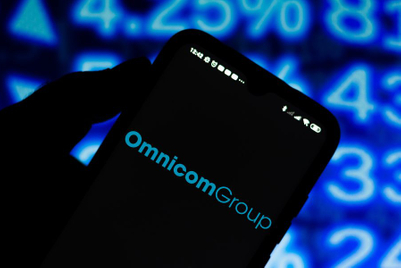
With all these digital experts, market forces and agency structures, traditional agencies could end up missing out on their ticket to the impending future of the communications industry.
Traditional agencies should seriously consider aggressively providing training for their staff to ensure the skills of tomorrow’s marketers don’t exclusively reside in their digital specialist organisations.
Digital training is more than just a component of a company’s staff development strategy - it's core to transforming your business as the industry evolves.
Recognising the importance of and prioritising digital marketing training is the first step, but how do you plan and implement such a program? Here is a list of ground rules to keep in mind:
Digital training is needed at every level. There is a senior manager in your organisation who is 'faking it' when it comes to digital. Trust me. Encourage those people not to dismiss digital training as for the 'staff'. Get them involved and make them smarter without them even knowing it.
Emphasise the 'training' in digital training. Make sure whomever is doing the teaching is a good teacher and not just a 'digital expert'. Presenting a PowerPoint with the latest buzzwords and trendy technology may be interesting, but it does not constitute a training program.
Set organisational training goals. Understand what you are trying to achieve from your training efforts. Determine what percent of your staff require training and the level of competency you expect each to acquire as an outcome of their participation.
Set participant training goals and measure against them. Don’t let training become a break from the desk for a while. Test what people have learned and make those tests matter. Map out how people should be using what they have learned in their jobs and evaluate staff in their annual review with the application of their training in mind.
Try many approaches and get participant feedback. There is no 'silver bullet' with training people in digital marketing. Try a mix of different program approaches, such as one built internally, combined with external consultants, leveraging media and technology partners and online learning programs. Make sure to get detailed feedback from participants to understand what worked, what didn’t and how to make the program more effective.
Got a view?
Email feedback@media.asia
If you are interested in sharing your tips with other media readers, email marie.green@media.asia.


.jpg&h=334&w=500&q=100&v=20250320&c=1)


.png&h=334&w=500&q=100&v=20250320&c=1)





.png&h=334&w=500&q=100&v=20250320&c=1)






